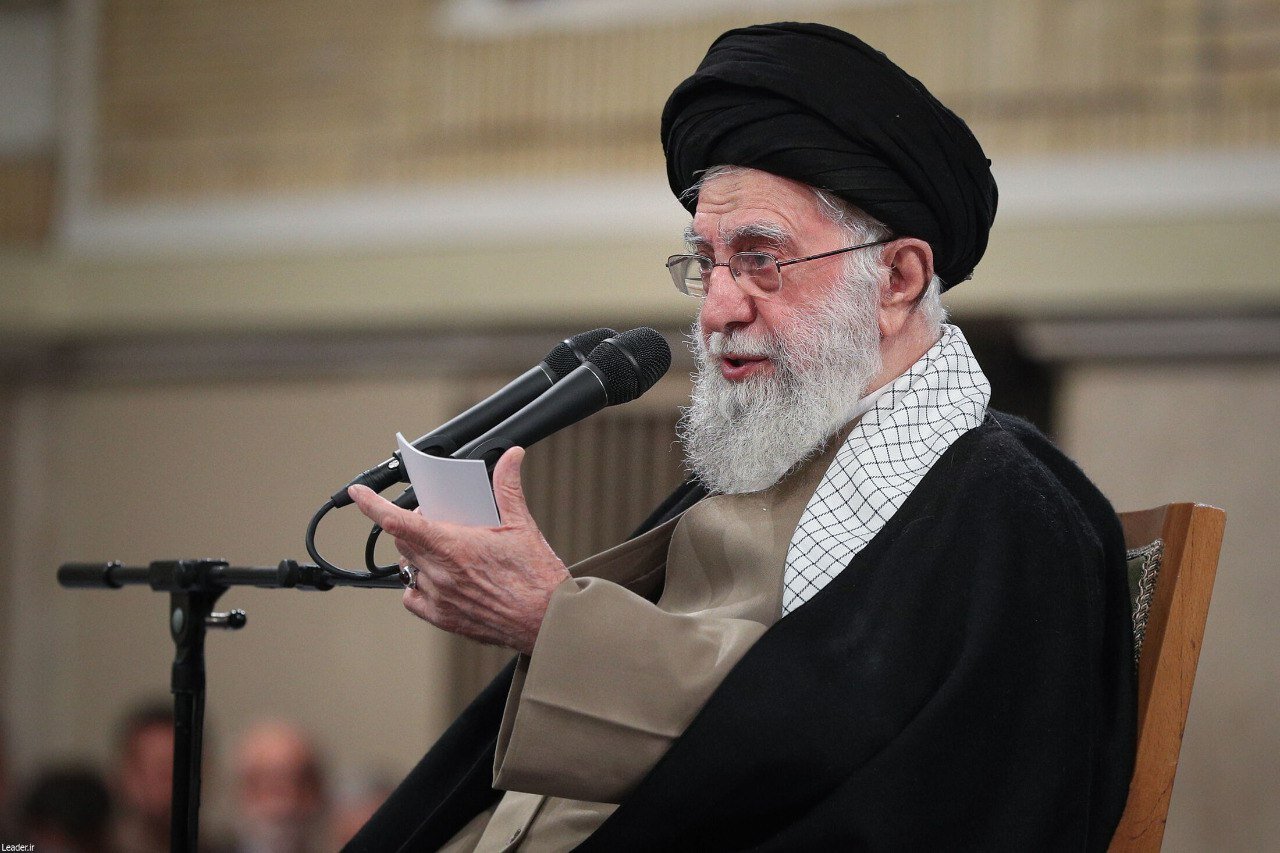
Similar Posts
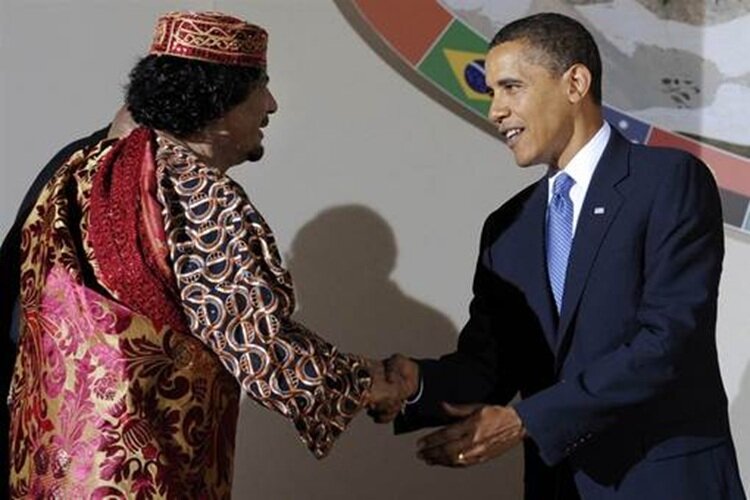
From Trust to Turmoil: How Gaddafi’s Misguided Talks with the US Led Libya to Ruin
Since Donald Trump’s presidency, negotiations between Iran and the U.S. have drawn attention, particularly after Trump withdrew from the Joint Comprehensive Plan of Action (JCPOA) and imposed sanctions on Iran. Amidst this backdrop, Iran’s leader emphasized learning from past negotiations that yielded no results. A historical case study is the 2003 U.S.-Libya agreement, where Gaddafi dismantled weapons programs in hopes of Western acceptance, only to face betrayal when the U.S. and NATO intervened in 2011, leading to civil war. Libya’s experience underscores the importance of retaining military capabilities as deterrents in international negotiations to avoid catastrophic outcomes.
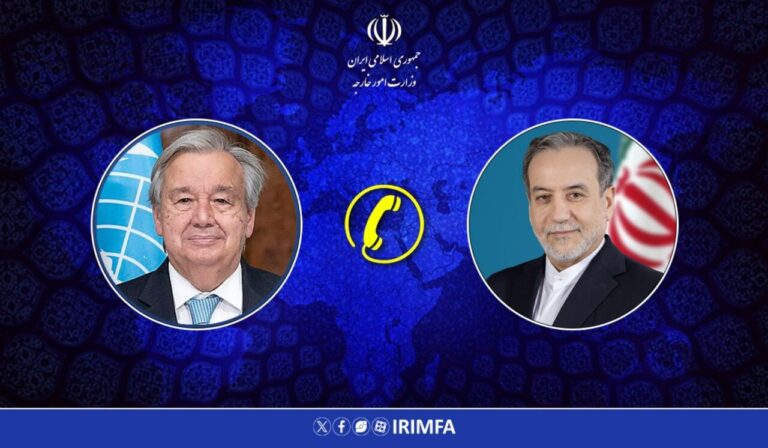
Iran’s Foreign Minister: U.S. Actions Undermine Diplomatic Credibility
Iran’s Foreign Minister Abbas Araqchi reaffirmed the country’s commitment to developing nuclear energy for peaceful purposes, expressing concerns over U.S. officials’ inconsistent actions that undermine trust in diplomacy. In a call with UN Secretary General Antonio Guterres, Araqchi emphasized Iran’s adherence to the Treaty on the Non-Proliferation of Nuclear Weapons (NPT) while asserting its right to uranium enrichment. He criticized ongoing U.S. sanctions and urged all parties to honor their commitments to foster constructive dialogue. Guterres acknowledged the importance of these indirect negotiations, highlighting the need for cooperation to resolve differences and promote regional peace.
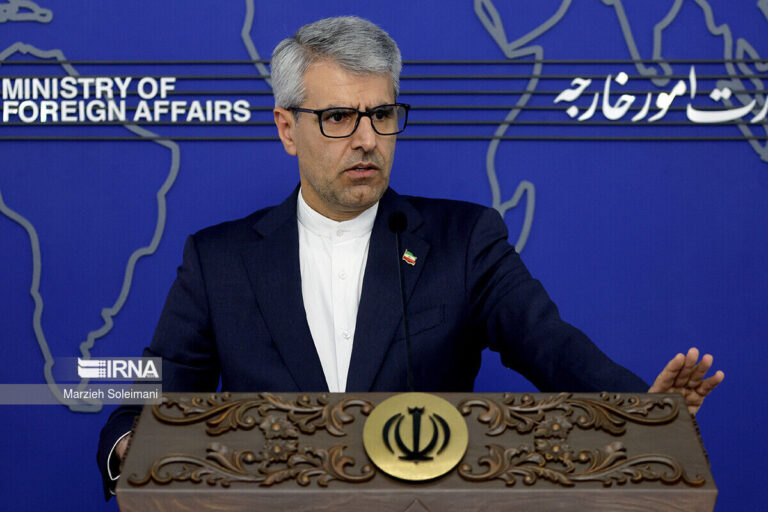
Iran Slams Israel for Breaching Lebanon Ceasefire Agreement
Iran has condemned Israeli attacks on displaced Lebanese individuals attempting to return home, asserting violations of a ceasefire agreement. Foreign Ministry spokesperson Esmaeil Baghaei expressed concerns over these breaches, labeling them as violations of humanitarian law and potential war crimes. The attacks occurred as Israeli forces opened fire on returnees, following their failure to withdraw from southern Lebanon as mandated. Baghaei held the U.S. and France accountable as guarantors of the ceasefire and called for UN action against Israel. Iran pledged support for the Lebanese government and resistance groups amid ongoing regional tensions, emphasizing the need for international intervention.
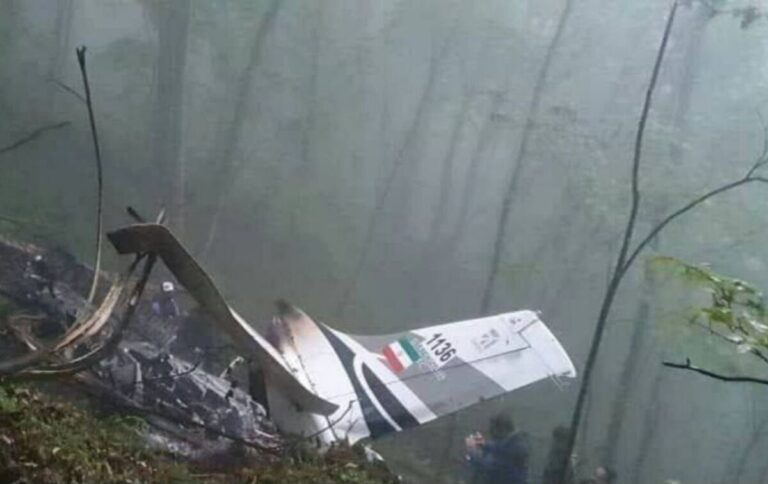
Iranian Military Dismisses Speculations Surrounding Fatal Crash of Ex-President
Iran’s Armed Forces General Staff addressed the helicopter crash that killed former President Ebrahim Ra’eesi in May 2024, clarifying that the incident was solely due to “complicated weather and geographical conditions,” not technical failures, sabotage, or terrorism. The statement criticized unfounded online speculations regarding Ra’eesi’s death, asserting they arise from ignorance or ulterior motives. The crash, which occurred in northwest Iran, also claimed the lives of Foreign Minister Hossein Amirabdollahian and six others. Iranian parliament member Hamid Rasa’ee expressed ongoing concerns about the circumstances surrounding Ra’eesi’s death, leaving many questions unanswered.
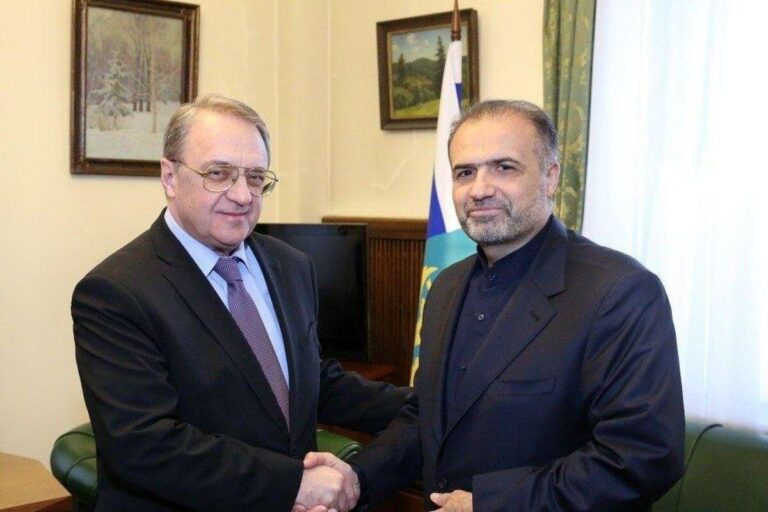
Iran Seeks Stronger Ties with Russia to Enhance Regional Cooperation, Says Envoy
Iran’s Ambassador to Moscow, Kazem Jalali, reaffirmed Iran’s commitment to bolstering cooperation with Russia on regional issues during a meeting with Deputy Foreign Minister Mikhail Bogdanov. Their discussions highlighted the strengthening bilateral relationship, particularly following the signing of a Comprehensive Strategic Partnership Treaty by Iranian President Masoud Pezeshkian and his Russian counterpart, aimed at enhancing collaboration in economy, trade, culture, and security. The officials addressed pressing regional conflicts, including the situations in Palestine and Syria, especially after Bogdanov’s recent visit to Damascus during Syria’s transitional period post-Bashar al-Assad’s government. The partnership’s future looks promising for Middle Eastern stability.
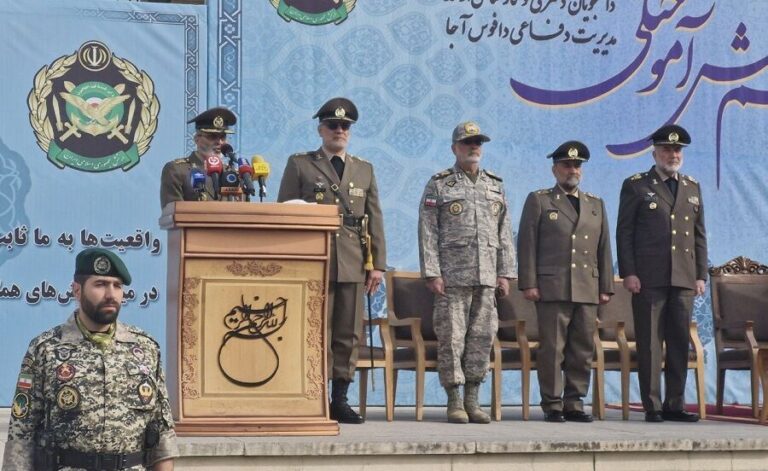
Army Chief Declares Hezbollah Leader’s Funeral a Blow to ‘Zionist Illusions’
During the funeral of Hezbollah leader Sayyed Hassan Nasrallah in Beirut, Army Commander Brigadier General Abdolrahim Mousavi declared the massive turnout a blow to the “hollow illusions” of the “criminal Zionist gang.” Hundreds of thousands attended the event, honoring both Nasrallah and his successor, Sayyed Hashem Saffieddine, who were killed in Israeli airstrikes. Mousavi asserted that Israeli actions would only strengthen the resistance against them, bringing the Zionist regime closer to collapse. The gathering underscored the ongoing regional tensions and the solidarity among supporters committed to resisting perceived oppression.